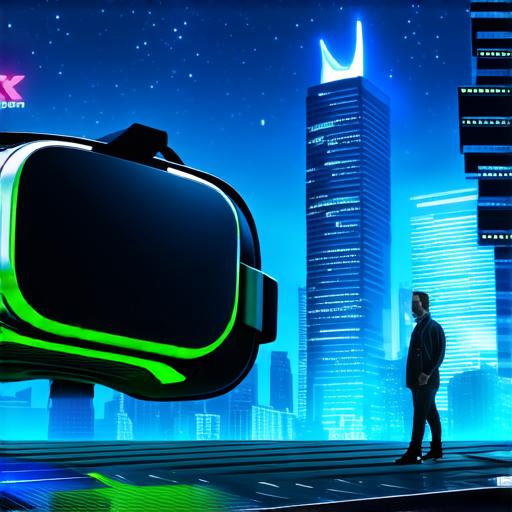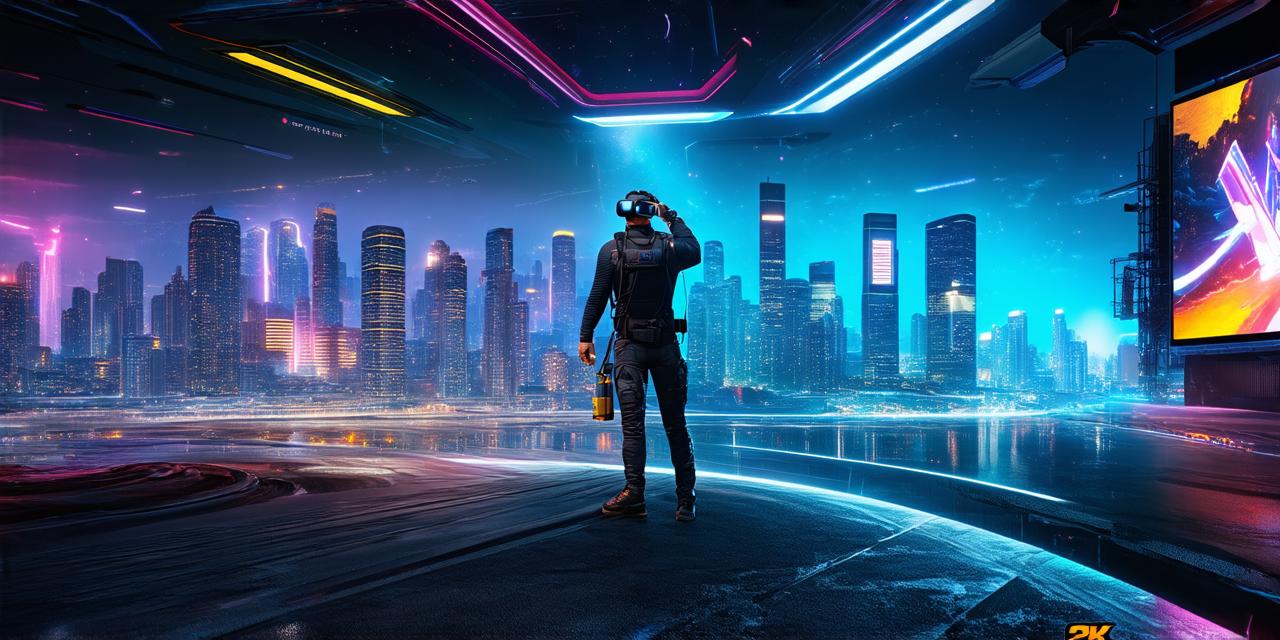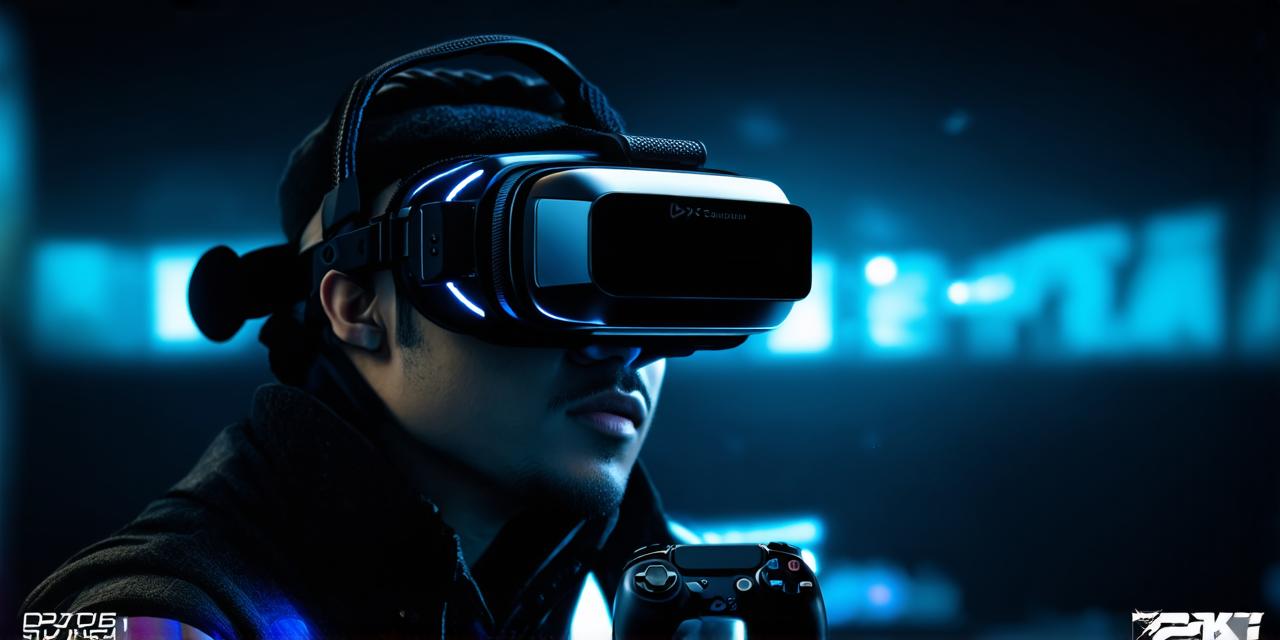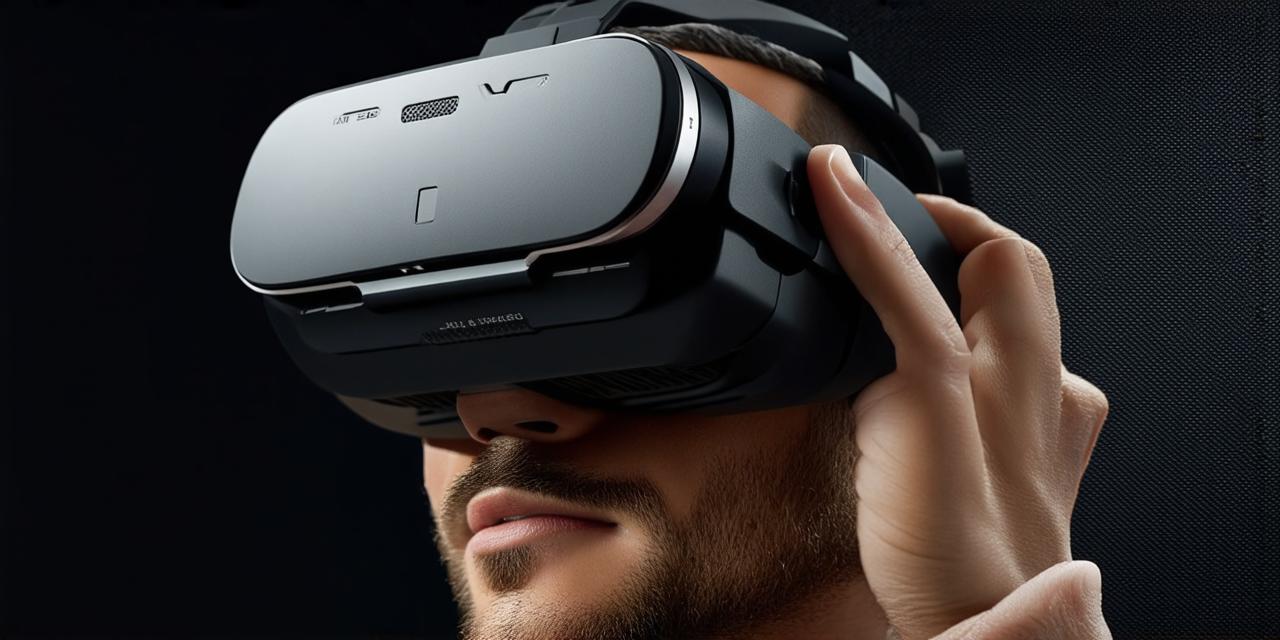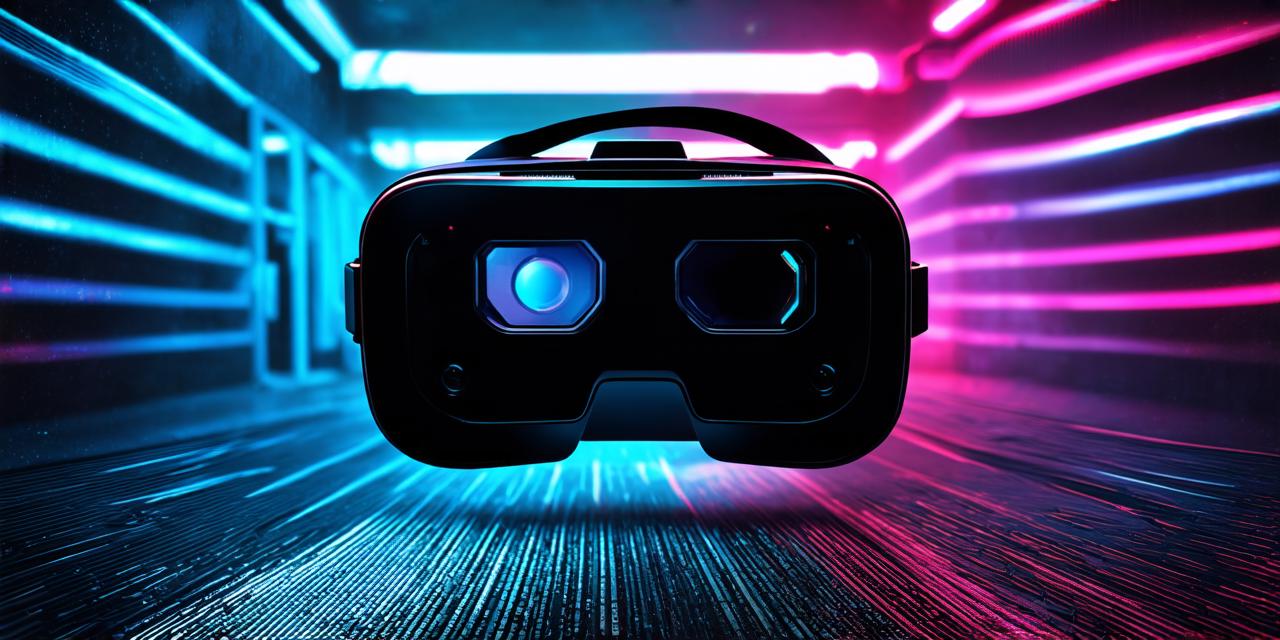Virtual reality (VR) and the metaverse are often used interchangeably, but they are distinct concepts. VR refers to a computer-generated simulated environment that a person can interact with using specialized equipment such as headsets and controllers. The metaverse, on the other hand, is a virtual world that exists beyond our physical reality and can be accessed through various devices and platforms.
Technology
Virtual reality technology involves the use of specialized equipment such as headsets, controllers, and sensors to create an immersive experience for the user. VR systems typically require a high-powered computer or gaming console to generate the graphics and track the movements of the user.
The metaverse, on the other hand, is a virtual world that exists in the cloud and can be accessed through various devices such as smartphones, tablets, and computers. The technology behind the metaverse involves advanced algorithms and machine learning techniques to create a realistic and interactive environment for users.
Experience
Virtual reality provides an immersive experience that simulates a real-world environment. Users can interact with objects in the virtual world using their hands or body movements, and they can also see and hear what would be visible and audible in the real world. VR experiences can range from gaming to medical training to architecture design.
The metaverse is a virtual world that exists beyond our physical reality. It is an ever-expanding ecosystem of interconnected virtual worlds, games, and social spaces. The metaverse offers users the ability to create their own avatars, build virtual homes, and interact with other users from around the world. Users can also participate in virtual events, concerts, and conferences that take place within the metaverse.
Purpose
Virtual reality is primarily used for entertainment purposes, such as gaming or immersive experiences. It can also be used for training and education, such as medical training or architecture design.
The metaverse, on the other hand, has a broader range of purposes. It can be used for entertainment, such as playing games or attending virtual events. It can also be used for socializing, collaborating, and creating content. The metaverse also offers businesses and organizations the ability to create immersive experiences for customers and employees, as well as to host virtual events and conferences.
Summary
In conclusion, virtual reality and the metaverse are two distinct concepts that differ in terms of technology, experience, and purpose. While VR provides an immersive experience in a simulated environment, the metaverse is a virtual world that exists beyond our physical reality and can be accessed through various devices.
